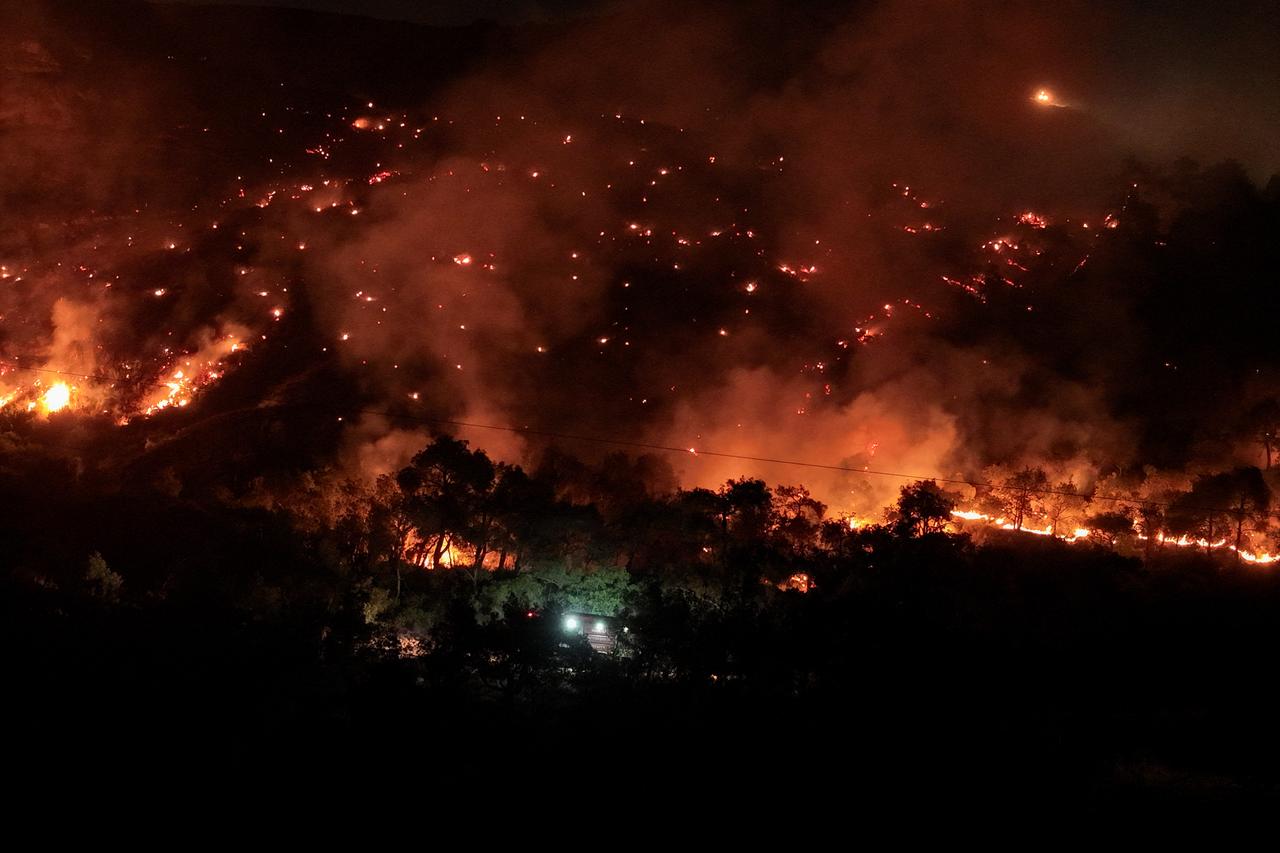
Wildfires have broken out across multiple provinces in Türkiye this week, affecting travel routes, forcing evacuations, and creating concern among both locals and international visitors.
As of June 26, blazes have been reported and mostly contained in Izmir, Mugla, Antalya, Canakkale, Bilecik, Hatay, and Sakarya.
While fire crews have responded quickly to most incidents, dry conditions, extreme heat, and strong winds continue to increase the risk of flare-ups.
So, here is all tourists and expats need to know while navigating wildfire season in Türkiye.
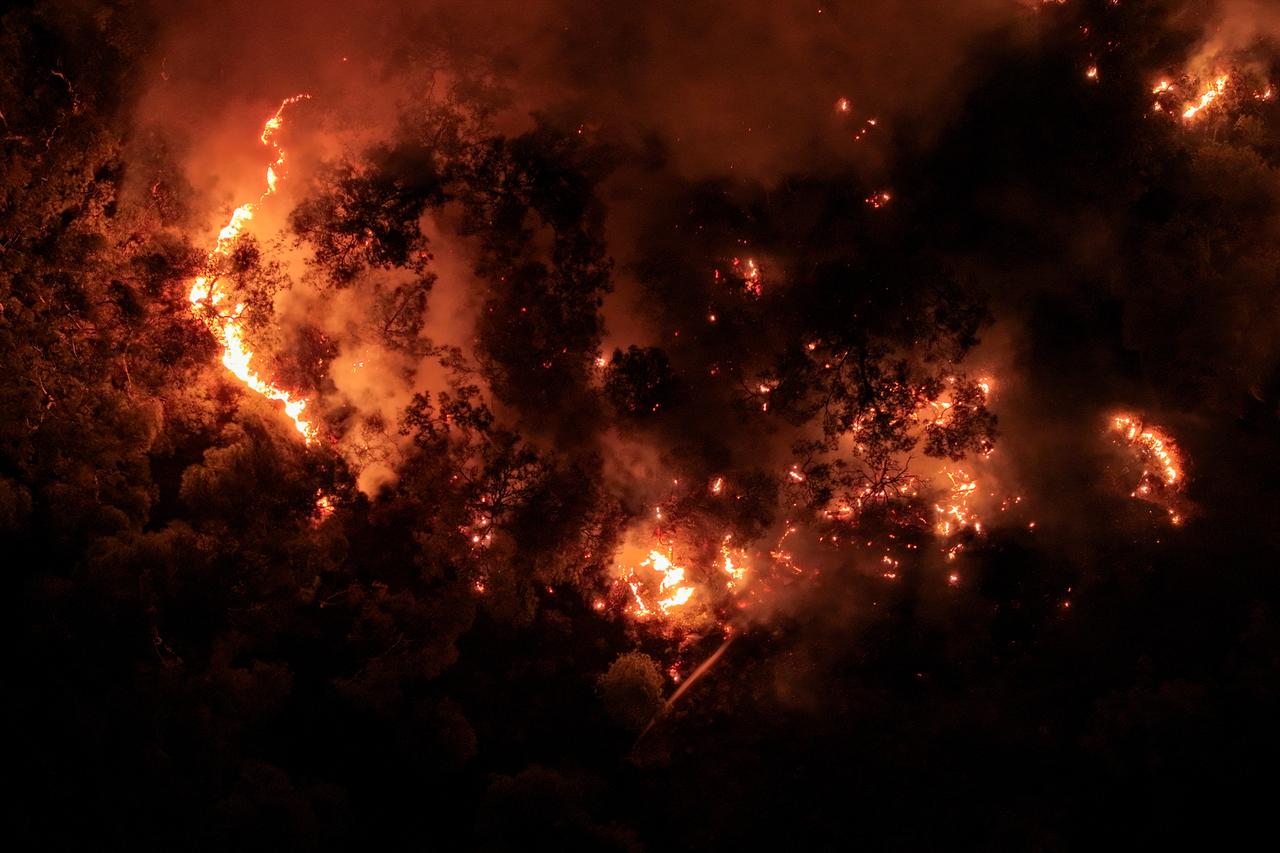
A large wildfire broke out on June 25 in the Aliaga district of Izmir, quickly spreading toward Foca's Ilipinar neighborhood.
The fire began in a rural forest zone near Bozkoy and Horozgedigi and was pushed by strong winds and low humidity.
Over 550 residents were evacuated from 175 homes. Many were taken to temporary shelters in Foca, while others found refuge in nearby villages.
Governor Suleyman Elban said the blaze was fueled by temperatures above seasonal averages and a sharp drop in humidity.
Air support included 8 planes and 16 helicopters, while more than 600 personnel worked through the night using dozens of fire trucks, tankers, and bulldozers.
Although the fire was brought under control after nearly 22 hours, response teams continue monitoring the area. No injuries have been reported. Officials suspect the fire may have been caused by damaged electrical lines.
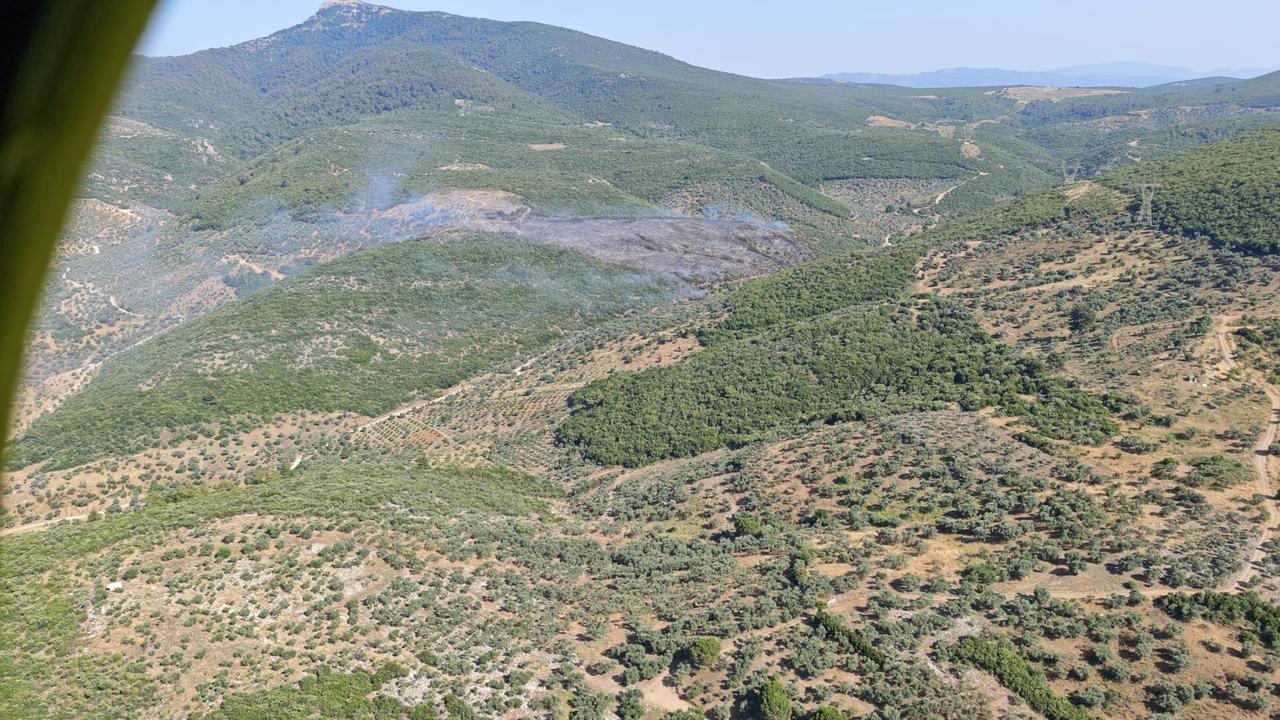
In addition to Aliaga, fires were also reported in Izmir’s Torbali and Narlidere districts.
The Torbali fire broke out near Ahmetli on the afternoon of June 25 and was extinguished after a rapid response involving both aircraft and ground vehicles. Another blaze ignited in the Ilica neighborhood of Narlidere, with three planes, four helicopters, and over 20 fire trucks deployed.
Further north, a smaller fire erupted near the Eyko housing area in Dikili's Candarli neighborhood. Authorities deployed aircraft and land teams to contain the fire before it could reach any residential zones. No evacuations or injuries were reported in any of these three districts.
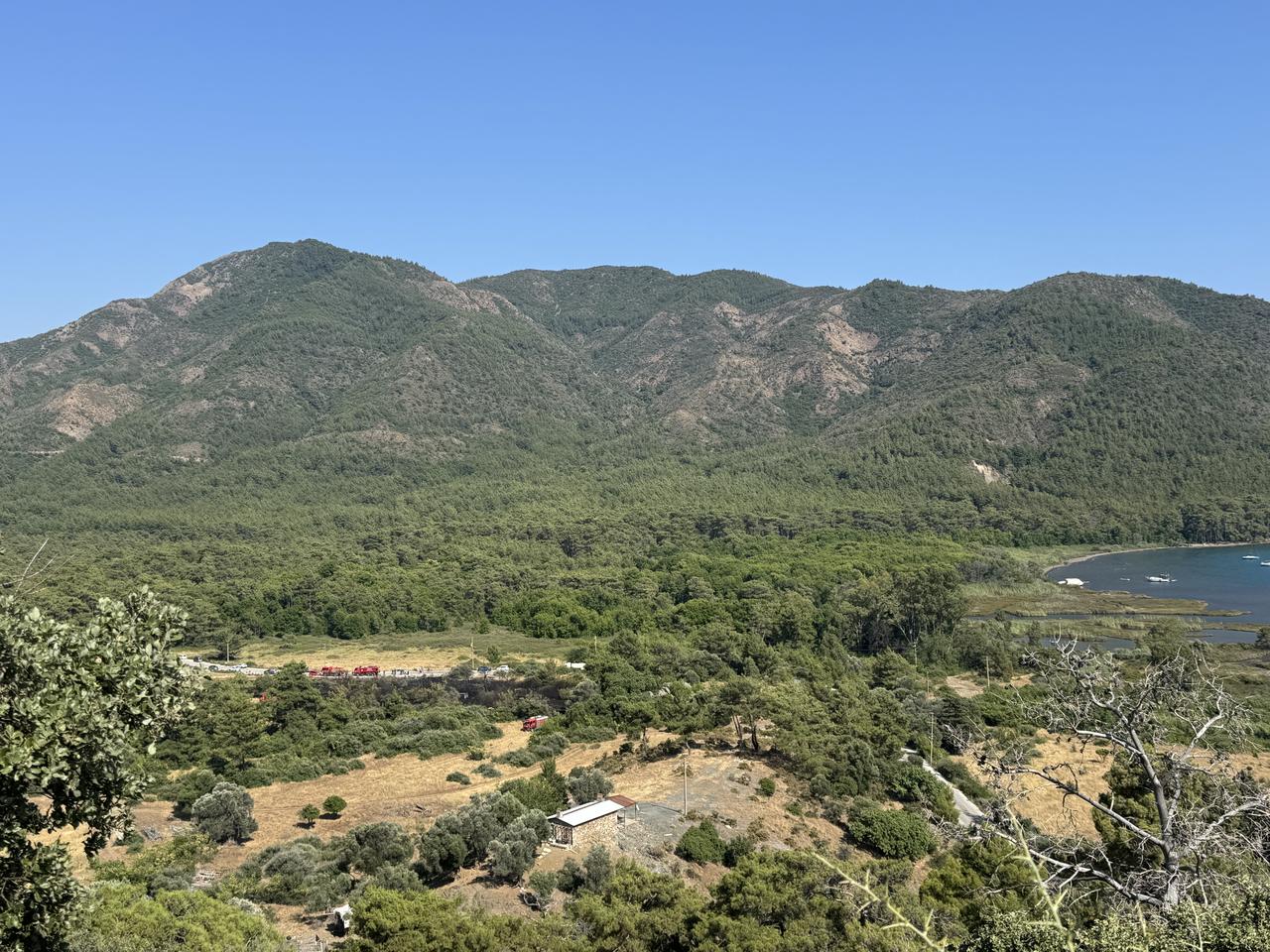
A wildfire broke out in Mugla’s Marmaris district on June 24, affecting both agricultural land and forest in the Adakoy neighborhood near Yalancibogaz.
Crews from the Mugla Forestry Directorate responded by air and land, bringing the fire under control after it burned approximately 3.2 hectares of land.
According to official reports, the fire was allegedly started by a flare misfired from a boat anchored at the Joya Del Marina pier.
On June 25, flames spread quickly across forested slopes in the Beyobasi area in Mugla’s Koycegiz district.
High winds made the fire harder to contain, but coordinated intervention from helicopters and fire crews on the ground helped stop the spread within a few hours. Officials confirmed that the fire is under control and cooling operations are continuing.
Authorities have launched an investigation into the cause. So far, no property damage or injuries have been reported.
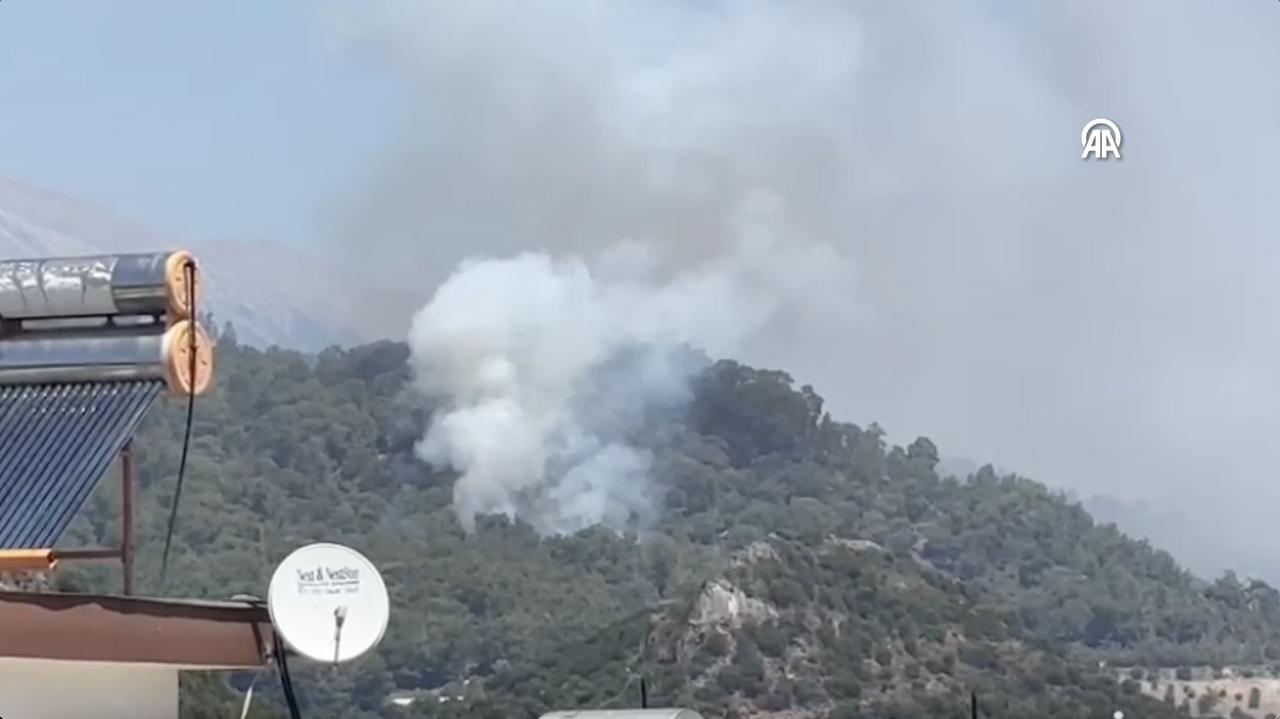
Antalya, a key region for both domestic and international tourism, experienced two separate fires this week.
The Kumluca fire was extinguished in less than two hours with support from multiple water trucks and one firefighting helicopter. Officials said approximately one hectare of land was affected.
The Finike fire was still active at last report but under control, with continued monitoring by local authorities.
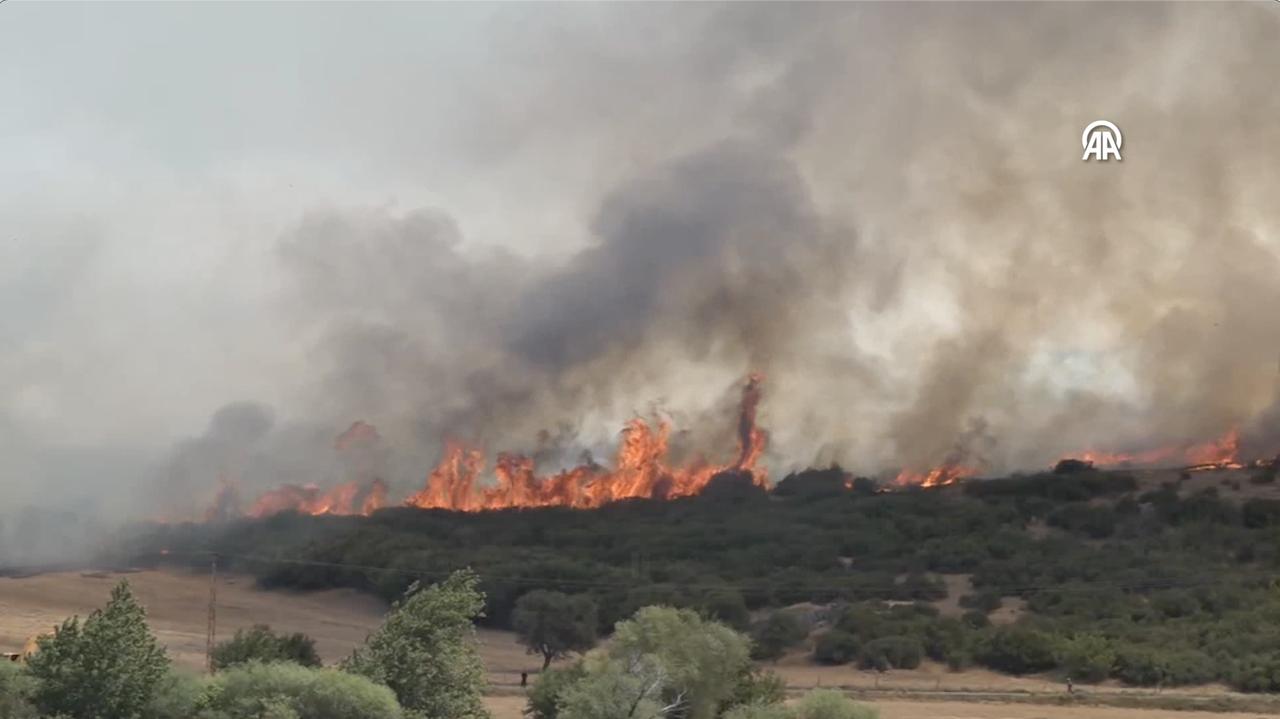
On June 24, a fire in Canakkale's Ezine district began in farmland near Kizilkoy and spread into adjacent forested areas.
Governor Omer Toraman stated that over 205 hectares were burned, including 125 hectares of farmland and 80 hectares of forest. A solar energy facility was partially damaged, but no homes were threatened.
The operation to contain the fire included seven planes, six helicopters, 23 fire trucks, and nearly 200 personnel. Traffic on the Canakkale-Izmir highway was briefly suspended due to smoke but resumed shortly after visibility improved.
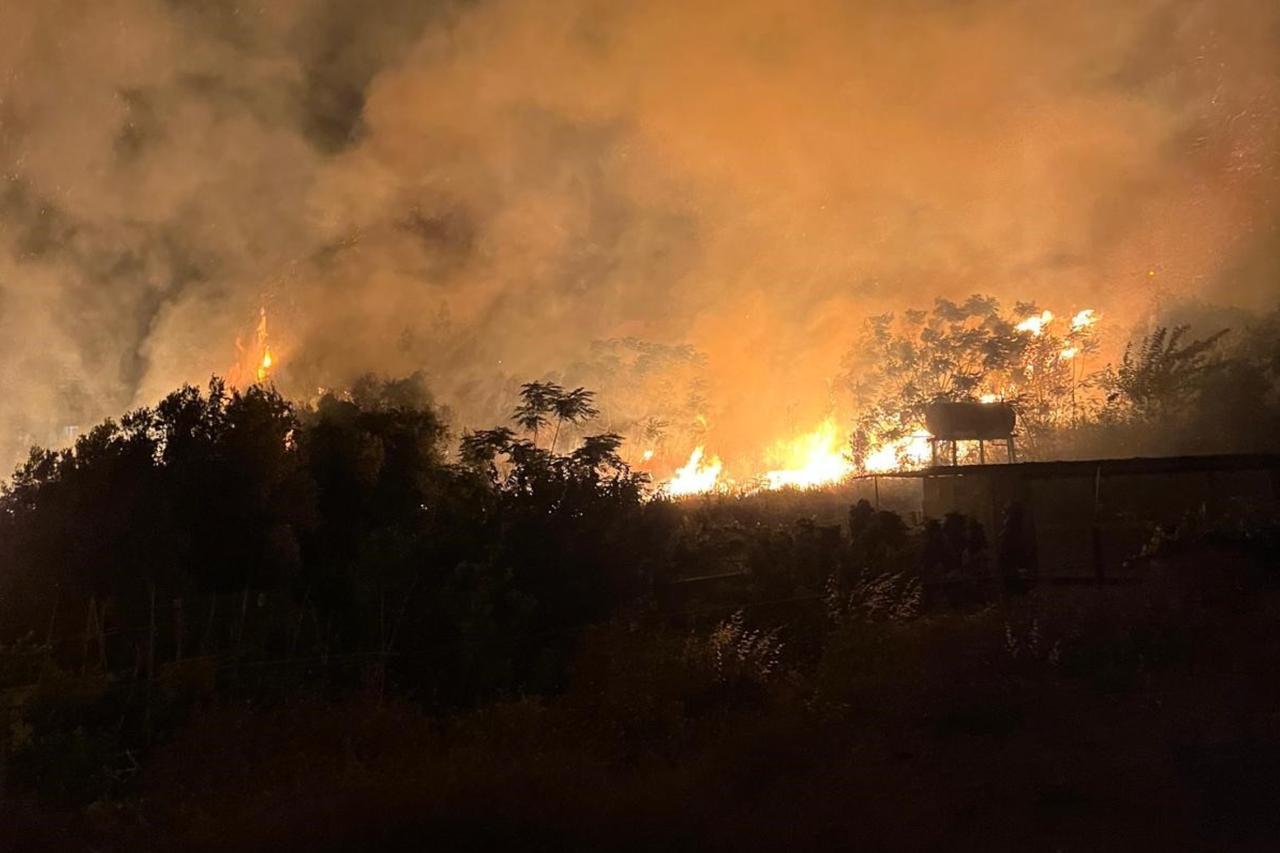
In Hatay, a fire broke out in the Arpaliusagi area. Emergency services dispatched 3 helicopters, 13 fire engines, and other vehicles to prevent the fire from reaching populated areas. Authorities confirmed the fire was brought under control swiftly, with no reported injuries or property damage.
In Sakarya’s Akyazi district, a fire near a recycling facility caused concern after flames reached surrounding dry vegetation.
According to reports, the fire may have been started by a resident lighting debris near the site. It was quickly extinguished with coordinated action from local fire teams, forest management staff, and police.
A formal investigation has been launched to determine responsibility.
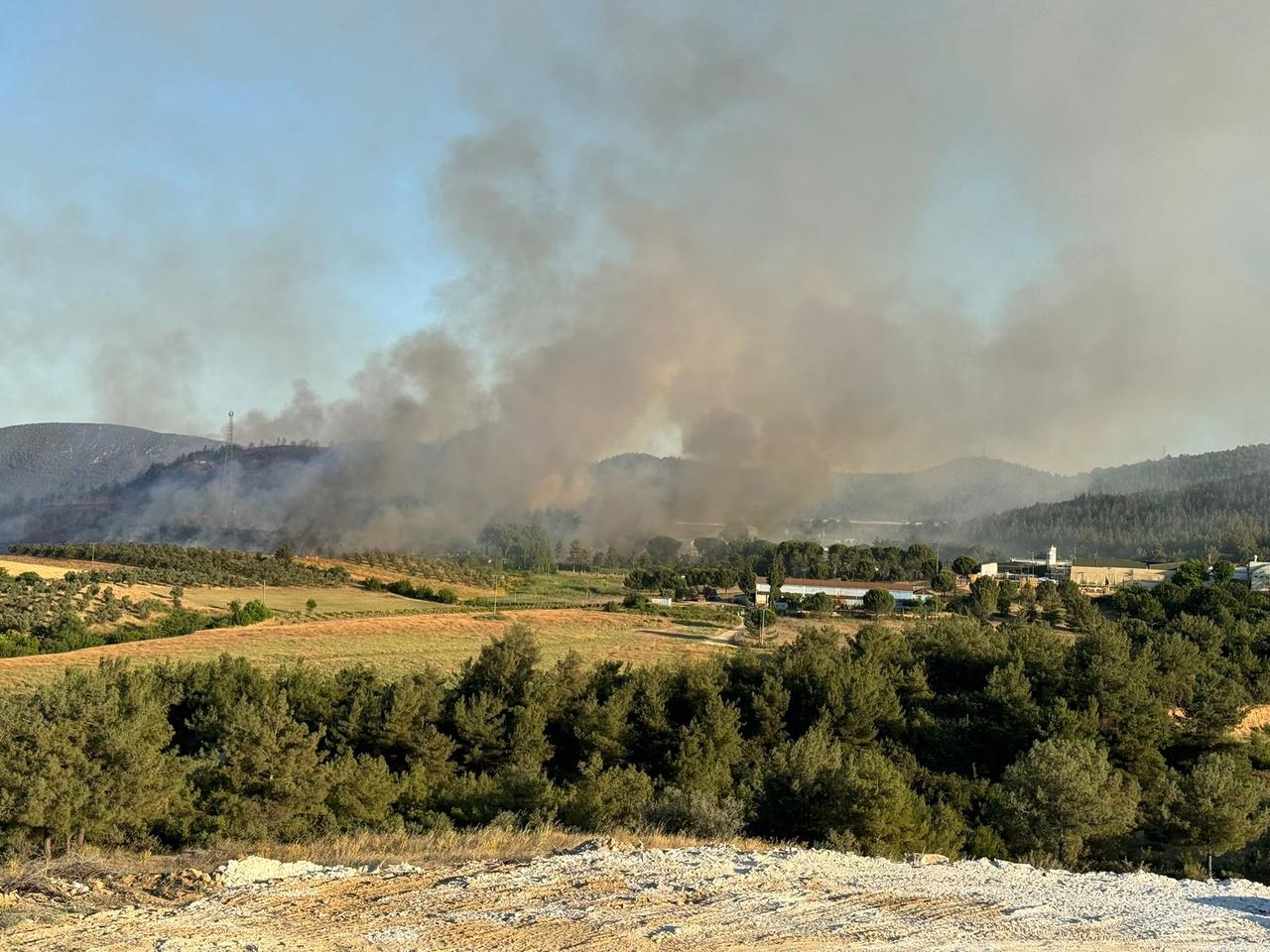
One of the most alarming fires this week occurred in Bilecik’s Osmaneli district on June 25, where a fire that began in Selimiye village crossed the D650 highway and reached a NATO facility and nearby industrial zone.
The fire grew quickly under windy conditions, but was met with a massive response involving helicopters and over 50 firefighting vehicles.
Bilecik Governor Faik Oktay Sozer visited the scene as operations continued into Thursday. No injuries were reported, but the incident triggered heightened concern over the fire’s proximity to sensitive infrastructure.
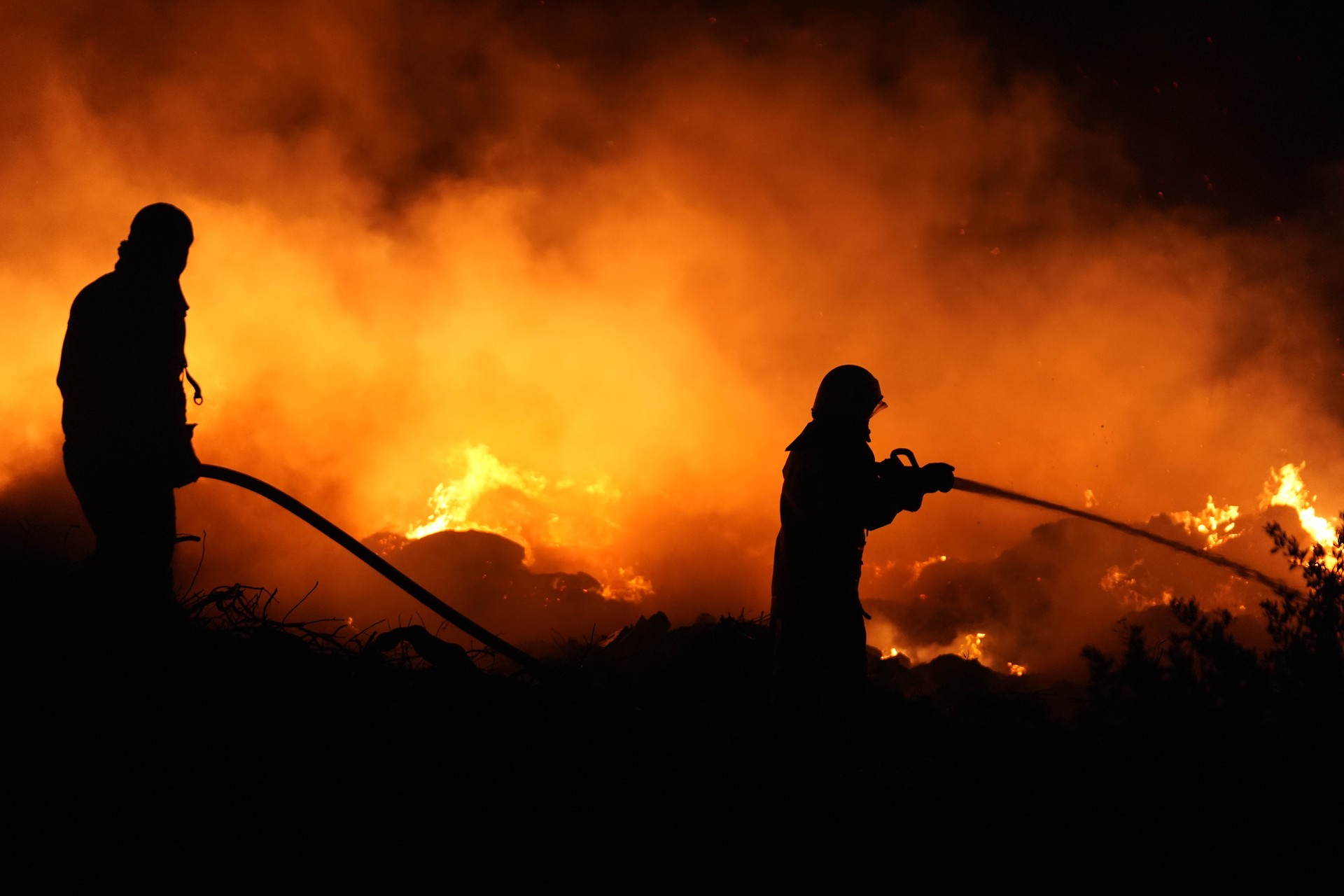
According to the General Directorate of Forestry, at least eight major fires were reported on June 24 and 25, with most originating in agricultural or brush areas before spreading to forested zones.
Authorities note that nearly half of all fires this summer have started due to agricultural activity, careless waste disposal, or other forms of human negligence.
As heatwaves continue into July, regions like Izmir, Mugla, and Antalya remain on high alert. Travelers and residents are urged to monitor updates and follow all local regulations.
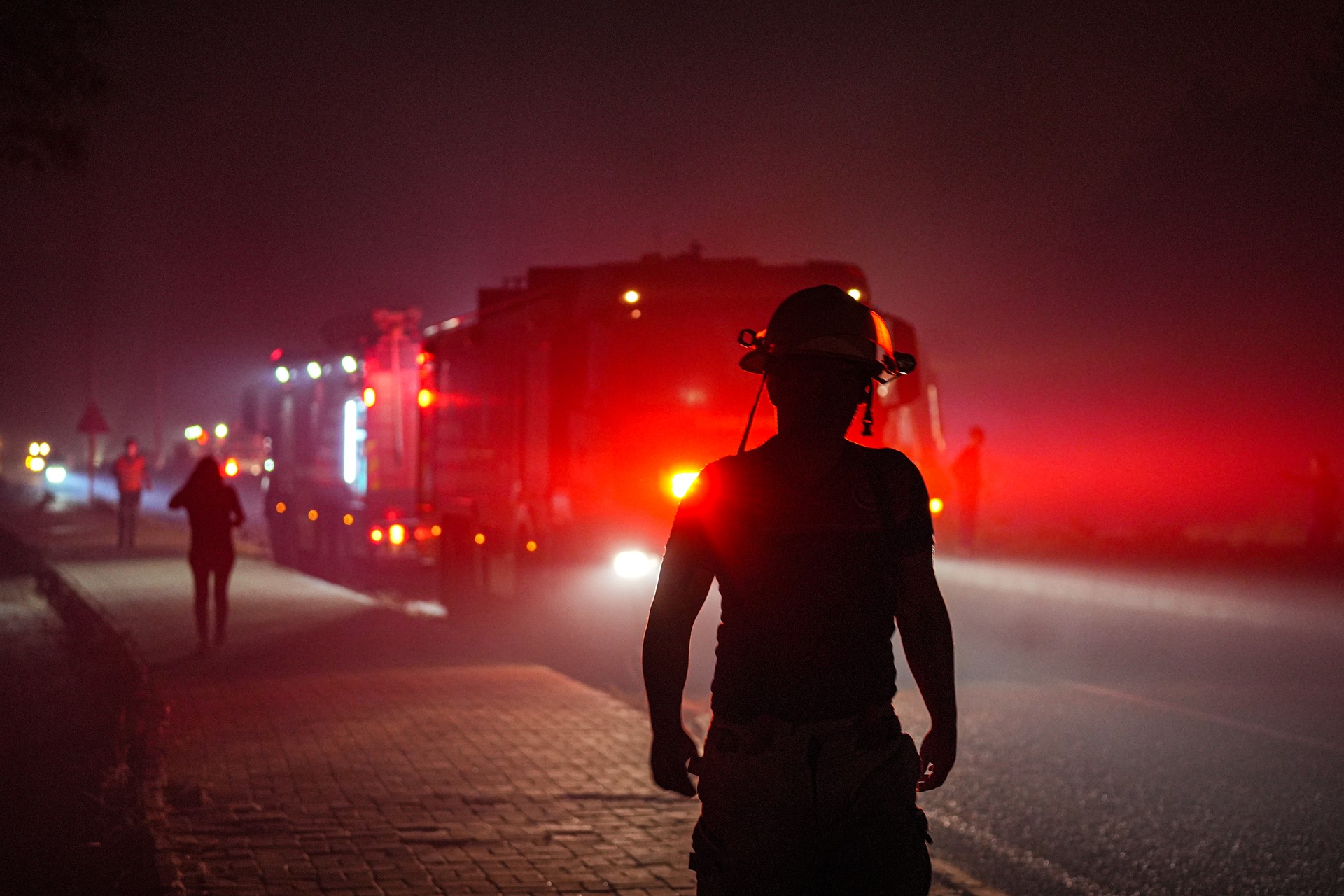
If you are currently in Türkiye or planning to travel during wildfire season, take the following steps to stay safe and avoid disruptions:
Monitor fire maps and alerts daily
Install the AFAD mobile app or follow updates from the General Directorate of Forestry (OGM) for real-time maps, warnings, and emergency information.
Stay away from forested areas during high-risk days
Avoid hiking trails, nature parks, and rural areas when temperatures are extreme or winds are strong. Many provinces issue temporary bans or area closures.
Be prepared for sudden evacuations
Have an emergency bag with essentials ready (passport, medication, phone charger, cash). Ask about and memorize the exit routes from your accommodation or campsite.
Follow instructions from local officials and hotels
If you’re staying in a resort or Airbnb near a forest zone, ask your host or hotel about fire protocols and emergency contacts.
Avoid activities that could start a fire
Do not smoke in open fields, dispose of glass or batteries outdoors, or light fires for cooking or barbecues.
Check local transportation and flight updates
While airports remain unaffected, road closures may occur near fire zones. Confirm bus or domestic flight routes in advance.
Save emergency numbers
Call 112 for all emergencies. Operators are available in English, and coordination with fire, medical, and police services is fast and responsive.